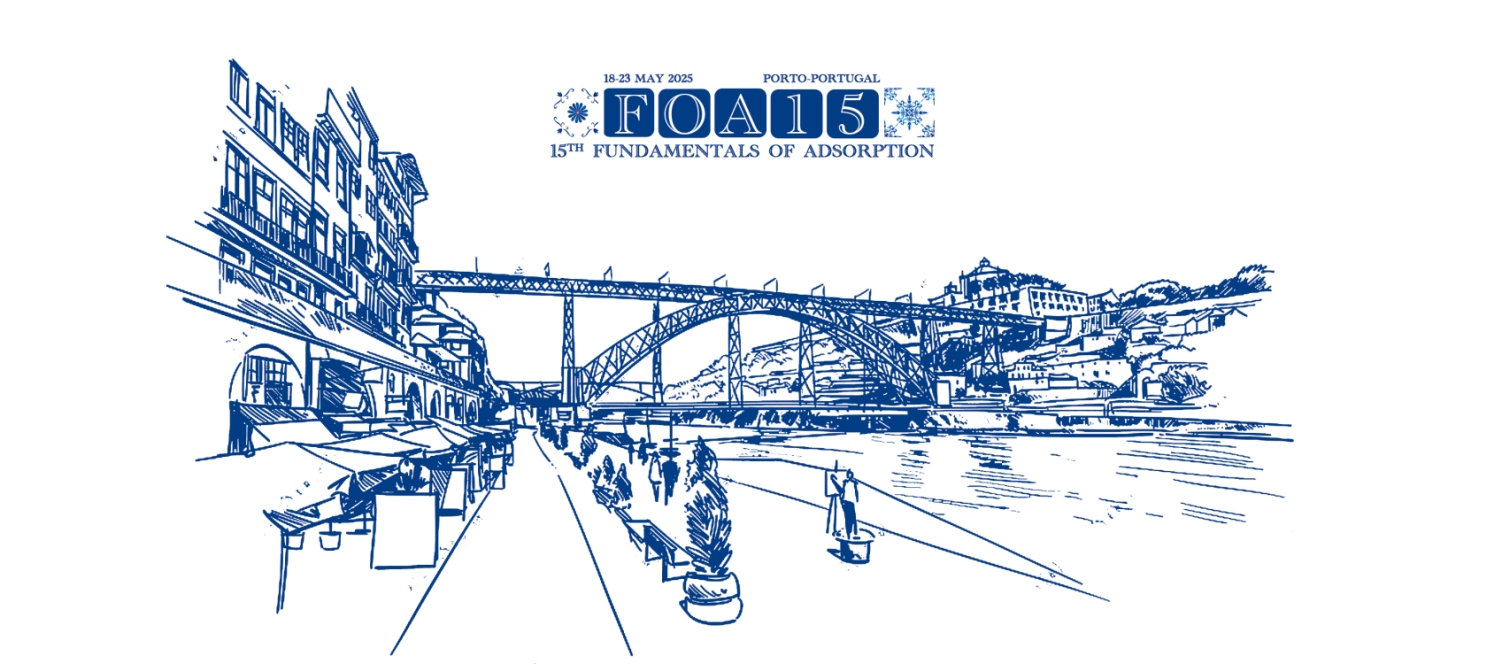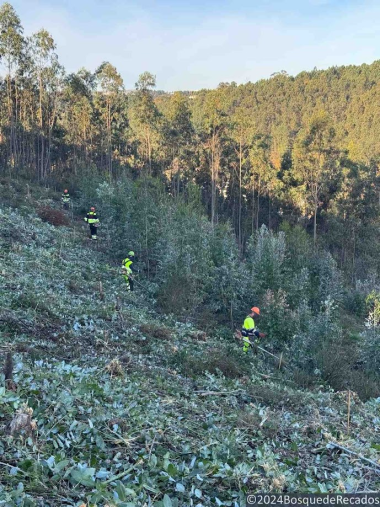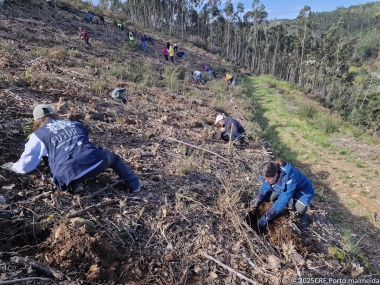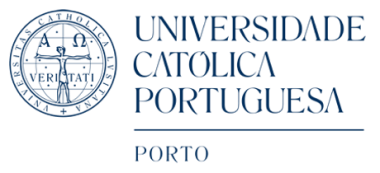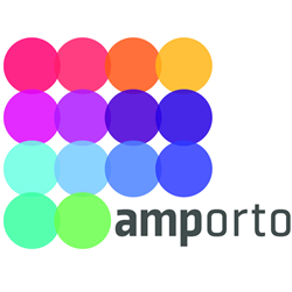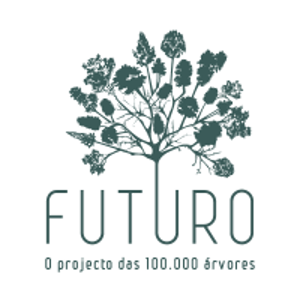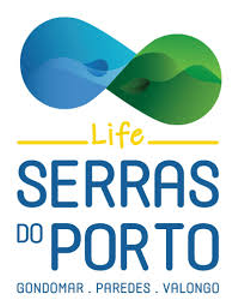CO2 Removal
Our commitment
CO2 removal by a native reforestation project, with the technical approval of the Portuguese National Institute for Nature Conservation and Forests.
Project FUTURO aims to restore native forests in the Porto Metropolitan Area.
A programme to support project FUTURO forest areas undergoing ecological restoration, aiming to enhance ecosystem services, promote biodiversity, climate change adaptation, landscape softening, the well-being of people and reducing the risk of forest fires.
FUTURO is implemented in the municipalities that make up the Porto Metropolitan Area. Its success is due to an active collaboration between municipalities, Parque das Serras do Porto, State Forest Service, forest landowners' associations, forest rangers, private landowners, businesses, NGOs and communities.
The main aim of FUTURO is to restore areas of native urban forest in the 2 040 km² territory that makes up the Porto Metropolitan Area. Designated forestland occupies 41% of the territory, however only 6% of this area is dedicated to native tree species.
To this end, project FUTURO’s focus is primarily on:
Ecological restoration of degraded, burnt, underutilized areas, occupied by monocultures of eucalyptus and invasive plants, among others.
Involvement of citizens and organizations in the ecological restoration processes (actions focused on goals aligned with restoration plans, such as planting, invasive plants control, etc.).
Producing native trees and shrubs saplings for restoration interventions.
Training volunteers, operational and technical staff.
Raising awareness of the region’s forests and native species
Planting trees and the next step
In creating a native forest, planting is just one of several steps. Before, it is necessary to prepare the area and the soil. Afterwards, it is necessary to ensure maintenance and monitoring of the planted area. In our region, the first four years, following the first intervention (planting) are particularly critical for recently planted native trees.
Hence Programme HECTARE.
HECTARE supports FUTURO forest areas undergoing ecological restoration that aims to promote biodiversity, ecosystem services, climate change adaptation, landscape softening, the well-being of people and reducing the risk of forest fires.
A 100% investment in trees.
HECTARE is carried out within the scope of project FUTURO and promoted by CRE.Porto, with the co-coordination of the Catholic University (Porto) and the Porto Metropolitan Area itself.
Its main aim is to assure the operational management and monitoring aspect of FUTURO plots to promote ecological restoration. It is also a planting initiative that enhances the environmental heritage of the region.
An area where a new native forest will grow
Location of the intervention area: Foz do Sousa, Gondomar
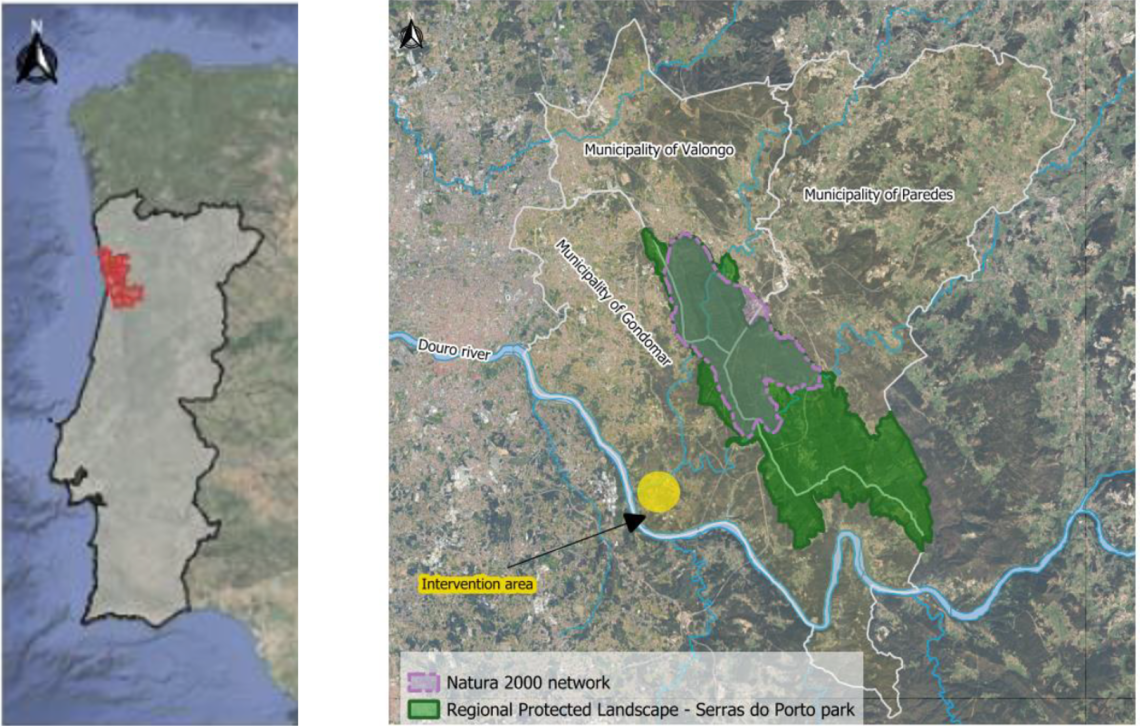
General description:
Multiple-use agricultural and forestry area.
Covered by the national ecological reserve (ReservaEcológicaNacional).
Partnership Agreement between the landowner/ municipality of Gondomar and CRE.Porto.
Project subject to State Forest approval.
Number of hectares = 1
Number trees anda shrubs planted = 1.000
Number of years of technical and operational monitoring : 4
Number of active management operations per year = 6
Planted species :

1st Stage – Non-native species removal and identification of small native species for their preservation
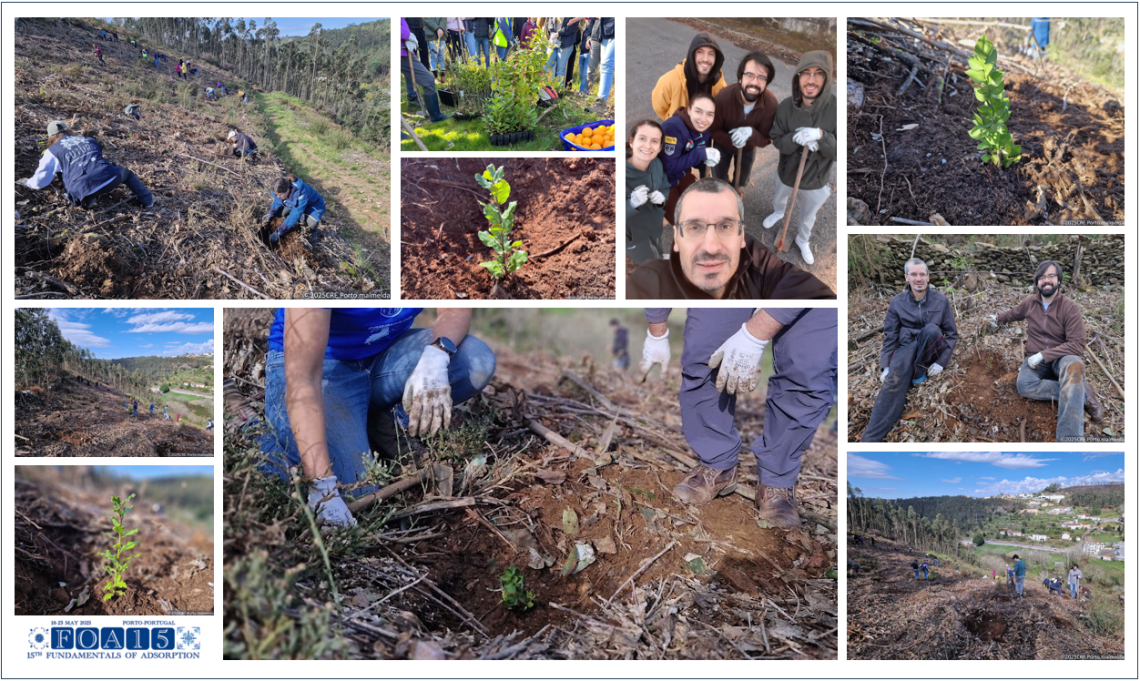
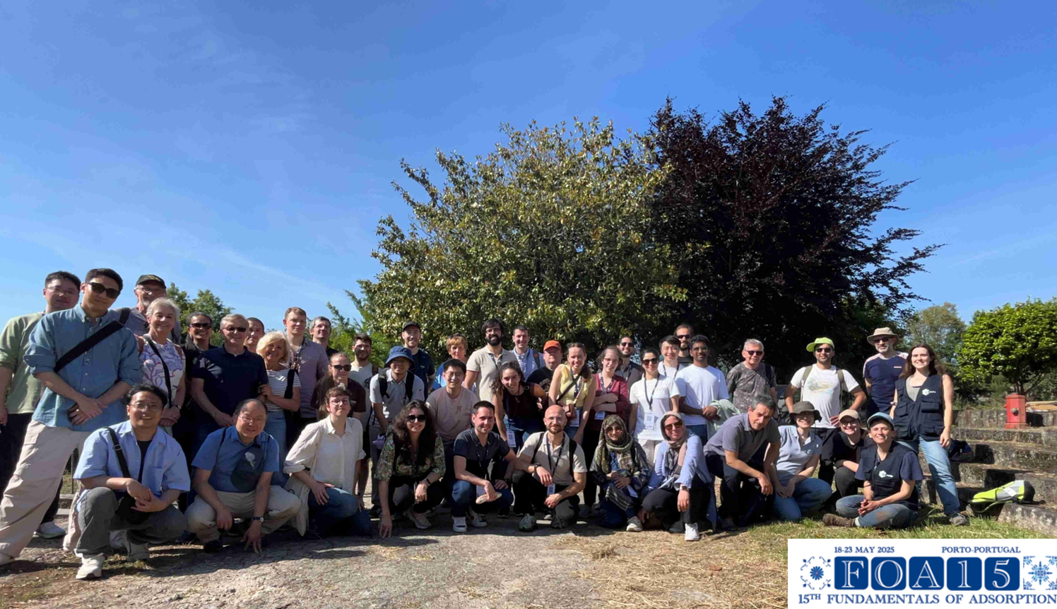
Universidade Católica Portuguesa
The Universidade Católica Portuguesa (Porto) was involved in the development of the Strategic Environmental Plan for the Porto Metropolitan Area, which was carried out between 2003 and 2007. It was the driving force behind the establishment of a Regional Center of Excellence in Education for Sustainable Development in the Porto Metropolitan Area, having submitted the application to the United Nations University in 2008. Since 2009, when CRE.Porto was officially recognized, the team at the Universidade Católica Portuguesa has been coordinating CRE.Porto and acting as the coordinator and facilitator of the collaborative process for the FUTURO initiative – the project of planting 100,000 trees in the Porto Metropolitan Area.
Área Metropolitana do Porto
The Porto Metropolitan Area was the promoter of the Strategic Environmental Plan for the Porto Metropolitan Area and co-leads CRE.Porto. As the representative of the 17 municipalities in the region, its role in the FUTURO – the 100,000 trees project is of leadership, in accordance with the decision made by the Porto Metropolitan Board on April 29, 2011. The municipalities are key partners in the initiative, allocating publicly managed areas to the project, establishing collaboration agreements with private landowners, and mobilizing human and material resources for land preparation, planting, and maintenance.
CRE.Porto
The Regional Center of Excellence in Education for Sustainable Development of the Porto Metropolitan Area (CRE.Porto) is a network of public and private entities that work in citizen education and action for a more sustainable future. It is a center that researches and collaborates on regional sustainability, enhancing resources, creating synergies, optimizing costs, and enabling the development of larger-scale and higher-impact projects. The regional and global relevance of this network has been formally recognized by the United Nations University since 2009, making it part of the international network of Regional Centres of Expertise.
FUTURO
The FUTURO – the 100,000 Trees Project in the Porto Metropolitan Area is an initiative developed within the framework of the Regional Center of Excellence in Education for Sustainable Development of the Porto Metropolitan Area (CRE.Porto). The idea emerged during a CRE.Porto meeting in 2010, and its implementation began in 2011.
Its core objective is to restore native urban forest areas within the metropolitan territory.
Serras do Porto
The Association of Municipalities of Parque das Serras do Porto has as its main objective the management of Parque das Serras do Porto, as well as environmental promotion, nature conservation, and the encouragement of outdoor living.
Born from the synergy between the municipalities of Gondomar, Paredes, and Valongo, it holds a strategic position within the Porto Metropolitan Area and is widely recognized as a model of political, technical, and civic competence in the integrated management of a protected area.

